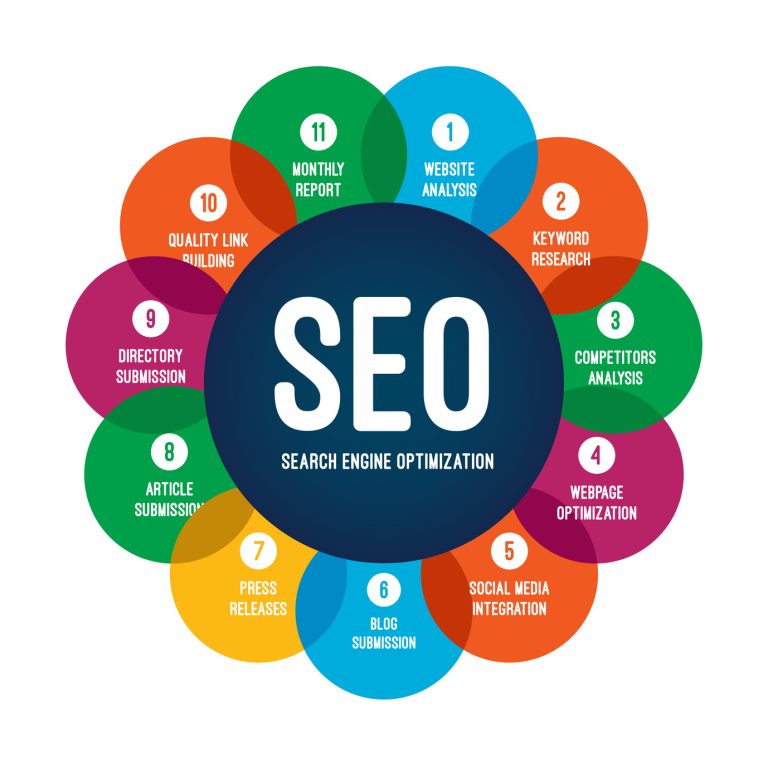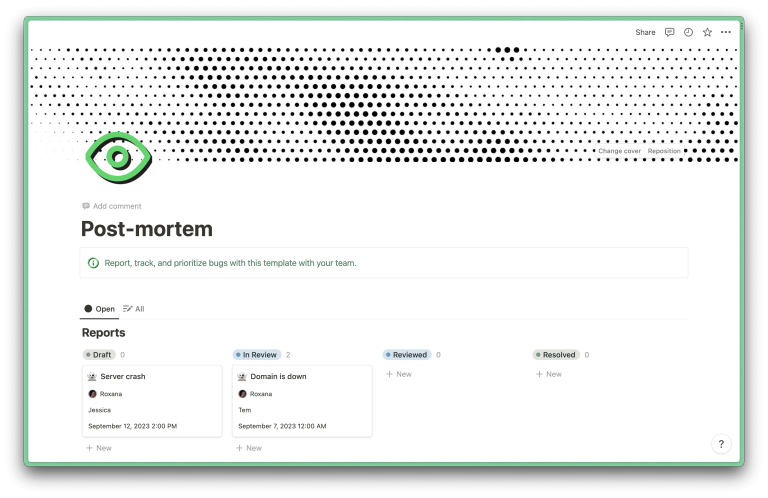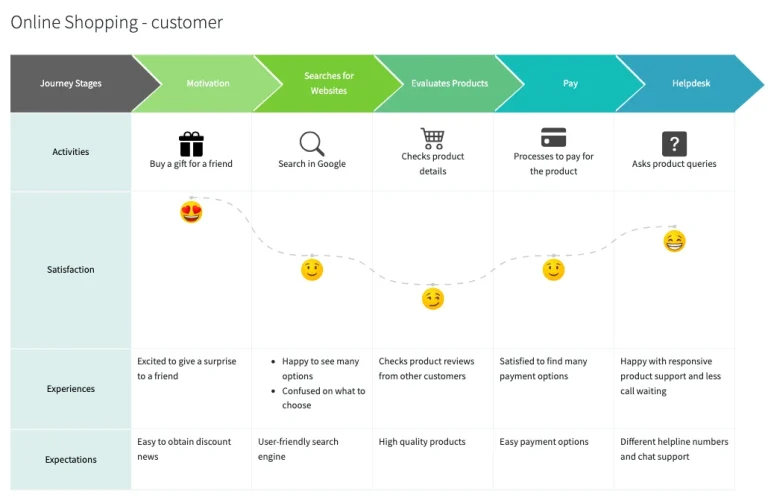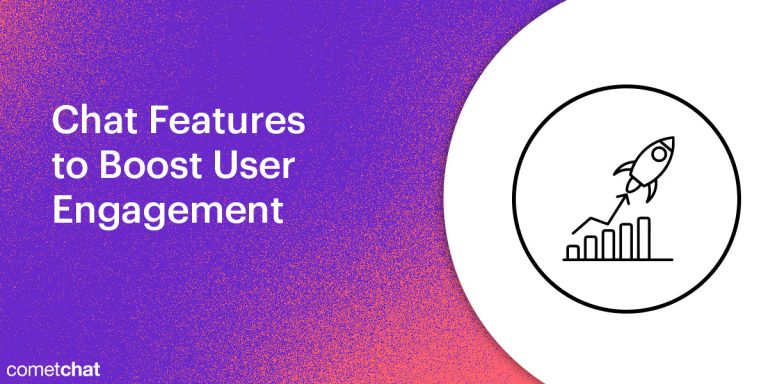
In the ever-evolving digital landscape, content creation has undergone a seismic shift. Artificial intelligence (AI) is no longer a futuristic concept—it’s now an integral part of how we create, consume, and interact with information. One of the most significant developments in this space is the rise of AI answer engines, which are fundamentally changing how users seek and receive information online.
For bloggers, this transformation presents both challenges and opportunities. As AI-powered platforms like Google’s AI Overviews, ChatGPT, and Perplexity AI become more prevalent, traditional search traffic may decline, forcing content creators to rethink their strategies. However, by understanding these changes and adapting accordingly, bloggers can not only survive but also thrive in this new era of content consumption.
What Is an AI Answer Engine and Why It Matters
An AI answer engine is a system that uses artificial intelligence to generate concise, direct answers to user queries. Unlike traditional search engines that display a list of links, these engines aim to provide immediate, accurate responses—often without requiring users to click through to a website.
These engines are powered by large language models (LLMs) like GPT-4 or Gemini, which can understand context, extract key information, and present it in a clear, user-friendly format. This shift has profound implications for SEO and content strategy, as users increasingly rely on these platforms for quick answers rather than browsing websites.
According to recent studies, over 70% of content marketers already use AI tools in their workflows, and this trend is accelerating. As AI answer engines become more sophisticated, they will play an even greater role in shaping how users discover and engage with content.
How AI Answer Engines Impact SEO Performance
The rise of AI answer engines is reshaping SEO in several key ways:
- Decline in Traditional Search Traffic: With AI engines providing direct answers, users may no longer need to visit websites. This could lead to a 15–30% drop in traditional search traffic, especially for high-competition keywords.
- Shift in Ranking Factors: While backlinks remain important, signals of trust and authority from social media, reviews, and other platforms are becoming more critical. Search engines are starting to value these signals as indicators of relevance and quality.
- Need for Structured Content: To appear in AI-generated summaries, content must be well-structured, easy to parse, and rich in semantic meaning. This means focusing on long-tail keywords, FAQs, and structured data markup.
- Increased Competition for Visibility: AI engines often prioritize content from established sources, making it harder for smaller blogs to gain traction unless they optimize for these platforms.
For bloggers, this means that simply creating great content isn’t enough. You must also ensure your content is optimized for AI answer engines and other emerging platforms.
Step-by-Step Implementation Framework
To adapt to the rise of AI answer engines, bloggers should follow a structured approach to content creation and optimization:
- Define or Audit the Current Situation
- Assess your current content performance using tools like Google Analytics and SEMrush.
- Identify which topics are driving traffic and which are being overshadowed by AI-generated answers.
-
Review your SEO strategy and determine where adjustments are needed.
-
Apply Tools, Methods, or Tactics
- Focus on Answer Engine Optimization (AEO) by structuring content around frequently asked questions (FAQs), using natural language, and incorporating structured data.
- Create topic clusters around core themes to build authority and improve visibility in AI summaries.
-
Optimize for long-tail keywords and semantic SEO to align with how AI engines interpret user intent.
-
Measure, Analyze, and Optimize
- Track engagement metrics such as dwell time, bounce rate, and social shares to gauge how well your content resonates with audiences.
- Use A/B testing to refine your content structure and improve its chances of appearing in AI summaries.
- Monitor changes in search trends and adjust your strategy accordingly.
Real or Hypothetical Case Study

Consider a hypothetical blog focused on fitness and wellness. Before the rise of AI answer engines, the blog relied heavily on organic search traffic. However, as AI engines began to provide direct answers to common fitness questions, the blog saw a 20% drop in traffic.
To adapt, the team restructured their content to include more FAQ sections, used schema markup to highlight key points, and created topic clusters around specific fitness goals. They also began publishing short-form content optimized for platforms like TikTok and Instagram, where visual storytelling drives engagement.
Within six months, the blog saw a 15% increase in traffic from non-traditional sources, and their content started appearing in AI-generated summaries more frequently. The result was increased brand awareness, higher engagement, and a more diverse audience.
Tools and Techniques for AI Answer Engine Optimization
To succeed in this new era, bloggers should leverage the following tools and techniques:
- SurferSEO – For keyword clustering and semantic scoring to ensure content aligns with AI algorithms.
- AnswerThePublic – To identify common questions and create content that matches user intent.
- Schema.org – To implement structured data markup and improve visibility in AI summaries.
- Google Search Console – To monitor how your content is performing in search and identify areas for improvement.
- Ahrefs – For backlink analysis and competitor research to stay ahead in the evolving SEO landscape.
- Grammarly – To ensure content is clear, concise, and optimized for readability.
Future Trends and AI Implications
As AI continues to evolve, several trends are likely to shape the future of content creation and SEO:
- Multimodal AI: Future AI systems will integrate text, image, and video content seamlessly, requiring bloggers to create content across multiple formats.
- Real-Time Collaboration: AI will act as a creative partner, helping bloggers draft, edit, and optimize content in real-time.
- Personalization at Scale: AI will enable hyper-personalized content experiences, allowing bloggers to tailor their messaging to individual readers.
- Ethical Considerations: As AI-generated content becomes more prevalent, transparency and authenticity will be crucial for maintaining trust with audiences.
Bloggers who embrace these changes and invest in AI tools will be better positioned to succeed in the coming years.
Key Takeaways
- Adapt to AI Answer Engines: Focus on structured content, FAQs, and semantic SEO to increase visibility in AI-generated summaries.
- Embrace Multi-Channel SEO: Diversify your presence across platforms like TikTok, Instagram, and YouTube to maintain engagement and traffic.
- Optimize for Trust Signals: Build authority through reviews, social mentions, and high-quality content that resonates with your audience.
- Invest in AI Tools: Use tools like SurferSEO, AnswerThePublic, and Schema.org to enhance your content strategy and stay competitive.
- Stay Ahead of the Curve: Continuously monitor trends, test new approaches, and refine your strategy to remain relevant in an AI-driven world.
Meta Title: The Rise of AI Answer Engines: How Bloggers Can Adapt and Thrive
Meta Description: Discover how AI answer engines are reshaping SEO and what bloggers can do to stay relevant in this new era of content consumption.
SEO Tags (5): AI Answer Engines, SEO Strategy, Content Creation, Multi-Channel SEO, AI in Blogging
Internal Link Suggestions:
– Parameter #3: Answer Engine Optimization (AEO)
– Parameter #7: Multichannel SEO Strategies
– Parameter #9: AI and Search Evolution
External Source Suggestions:
– Google Search Central
– Search Engine Journal
– Backlinko







